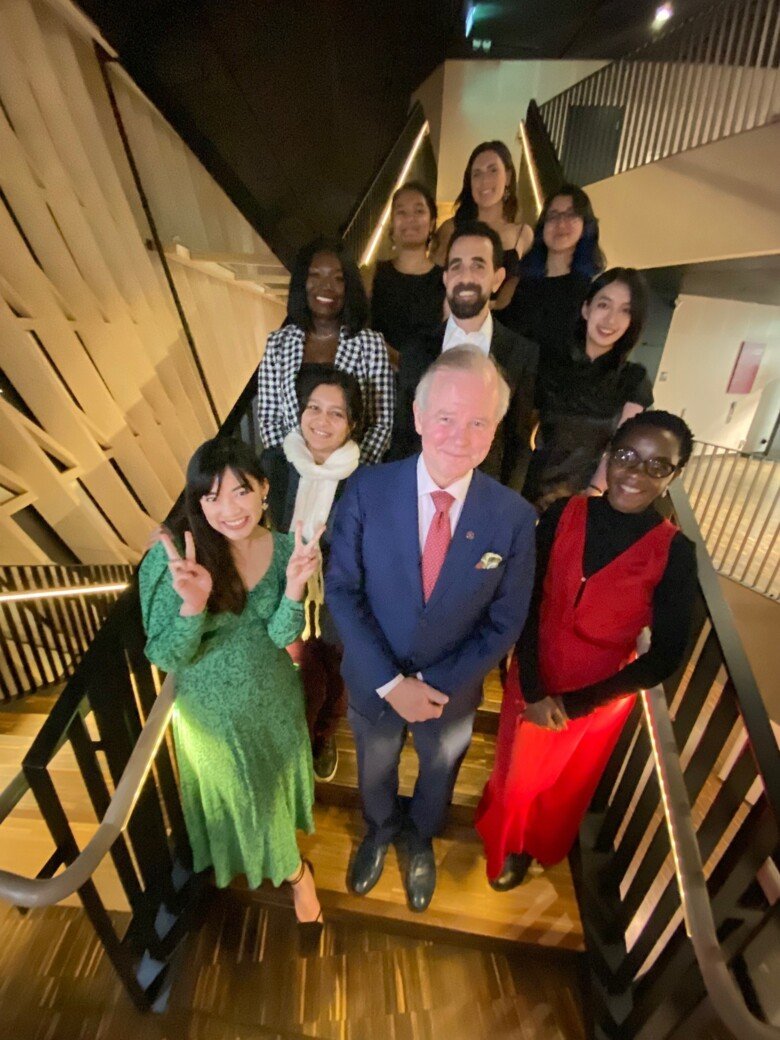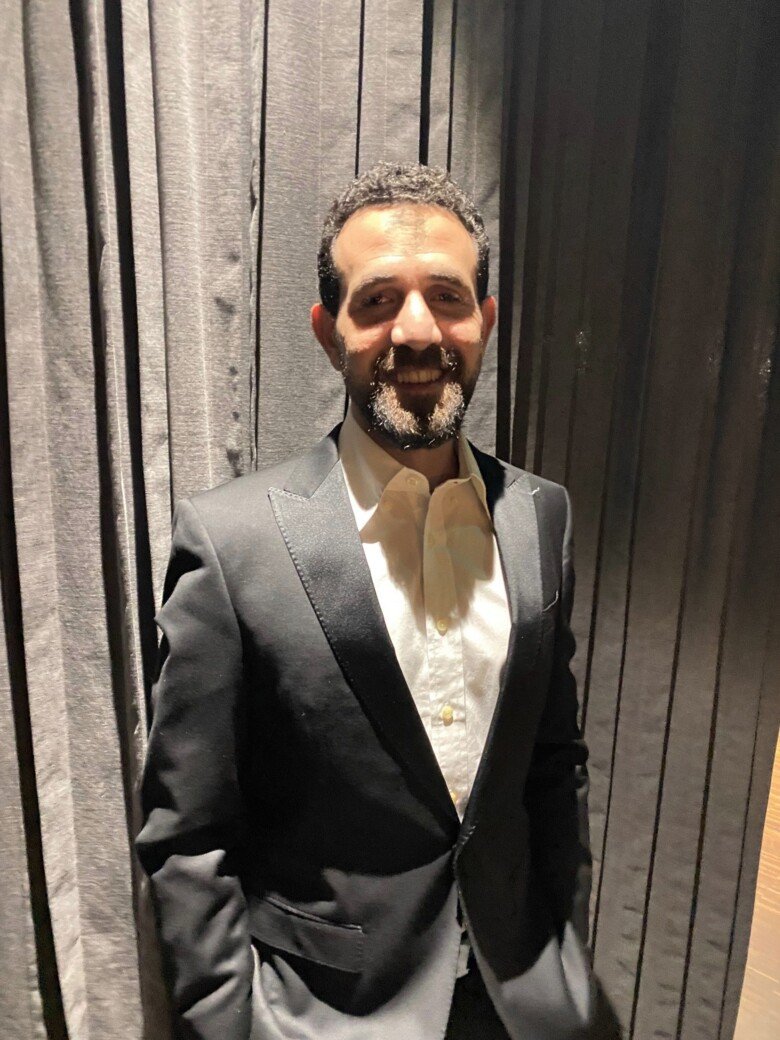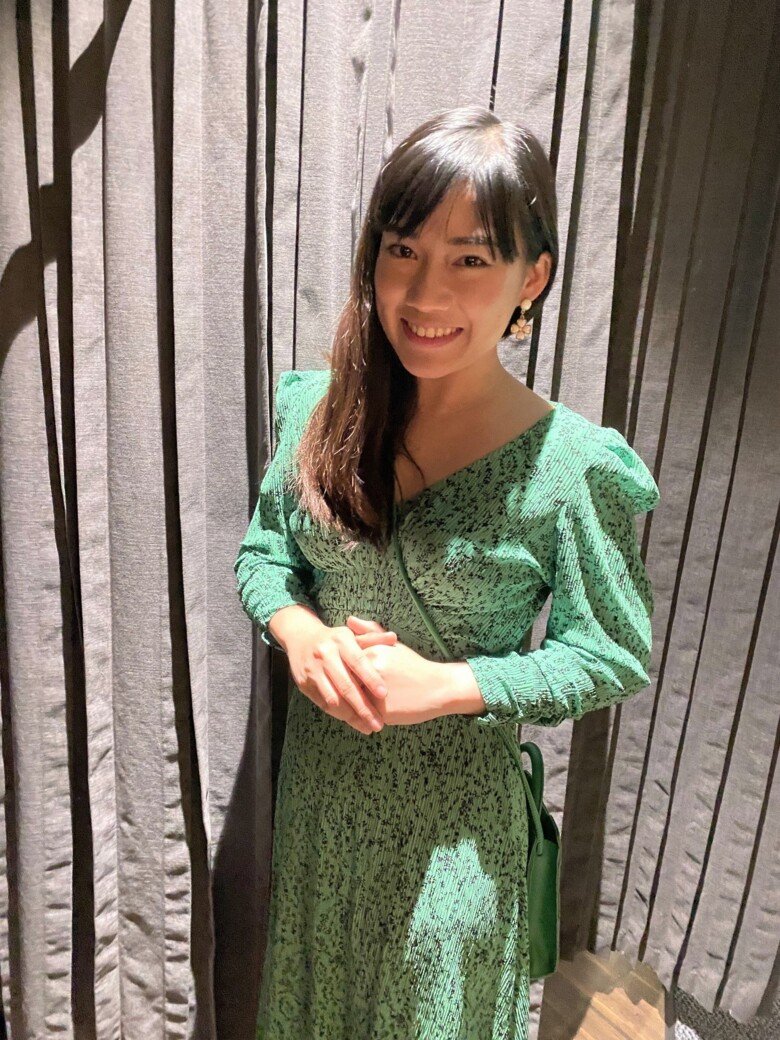Global Master’s Scholarship Ceremony 2022
Eleven Non-European Master’s students received Karolinska Institutet’s Global Masters scholarship at an annual ceremony in Aula Medica.

An excited crowd gathered in the Orangery at Aula Medica on November 9 to celebrate the eleven Non-European students who were this year’s Global Master’s scholars 2021-2022. KI president Ole Petter Ottersen presented the scholarships and spoke to the students about them being crucial to contributing to the growth and success of KI globally. He also addressed that this was his final scholarship ceremony before his presidency ends in 2023 and how much he always appreciated the yearly event with the global scholars. The ceremony was followed by a dinner at Svarta Räfven, and we caught up with two of the scholars to talk more about their background and thoughts.
Meet two of the scholars
Hazem Mahmoud (also known as Zook) comes from Egypt, was raised in Dubai and is part of the Master’s Programme in Bioentrepreneurship. He has a Bachelor's in Pharmacy and Biotechnology from The German University in Cairo, worked as a QC analyst at Astra Zeneca and moved on to work in a procurement team at GSK. He later opened his own business within manufacturing facial masks during COVID-19. He closed his business at the right time when the market became saturated with facial masks and then began considering further studies in entrepreneurship.

Why did you choose to study at KI?
I came across the program of Bioentrepreneurship and realised that it would serve me a lot in the direction I want to go and with my background. And of course, KI pops up as one of the top European Universities, so combined with the program it was an easy choice.
What future plans do you have?
I really want to get involved in the business and market here in Sweden, to better understand the eco-system and try to work in the corporate world. I want to feel the atmosphere, the work environment is very important for me. I think it tells a lot about the market itself.

Chawisar Janekrongtham (calls herself Jane) is a medical doctor who comes from Thailand and worked there for seven years before coming to Sweden. She was a provincial doctor for five years but got interested in disease prevention and returned to study field epidemiology in Bangkok. When the pandemic broke out, she understood the importance of global studies, since the COVID-19 virus and other diseases move across borders.
How come you wanted to study at KI?
I wanted to come to a place where I can live my life differently, a place that makes me think in new ways and helps me understand more. Sweden made totally different decisions at the outbreak of COVID-19 opposed to what Thailand did, so I wanted to come here to know the reasons behind the strategy. The Swedish lifestyle, the ways of thinking and the support system you have here is something I am also passionate about. And, of course, KI as a university has a very high reputation, number one in the Nordic countries.
What are your future plans?
I have to go back to Thailand, that is my dream. Thailand has many gaps, and with my career I can work with disease control. I especially want to work with sexually transmitted diseases that are transmitted between mother and child, like HIV, syphilis or hepatitis B. That is a core value to me. In general, I would like to educate and spread knowledge about prevention and how to control diseases. I want to be a professor and make successful research so I can inform the policymakers to make the right changes.
Facts about the scholarships
Eleven out of more than 5200 applicants to the global master’s programs were presented with a scholarship in 2022, worth between SEK 180,000 and 360,000. They cover the students’ tuition fees and the funds come from the Swedish Council for Higher Education (UHR). The scholarships are entirely qualification-based and considers the student’s grades, work experience, research experience and a motivational letter that the students write themselves and attach to their applications. One of the scholarships is a joint one in collaboration with DIS – Danish Institute for Study Abroud.
The eleven master’s students who received this year’s scholarships are Lucina Richard (Tanzania), Hazem Mahmoud (Egypt), Inika Prasad (India), Benjamin Smart (USA), Jess Spitzer (USA), Chawisar Janekrongtham (Thailand), Priscilla Appiah (Ghana), Anu Davaasuren (Mongolia), Faria Azad (Bangladesh), Surui Chen (China) and Yugmur Urem (Turkey).
